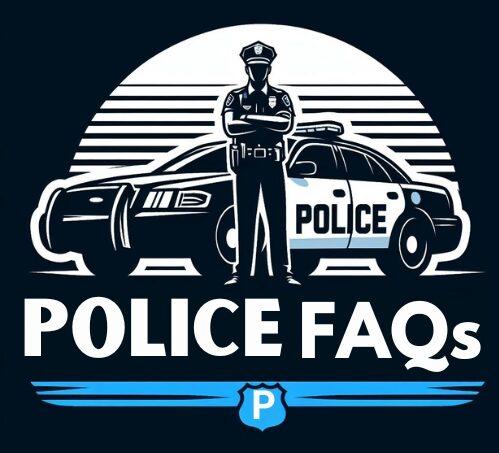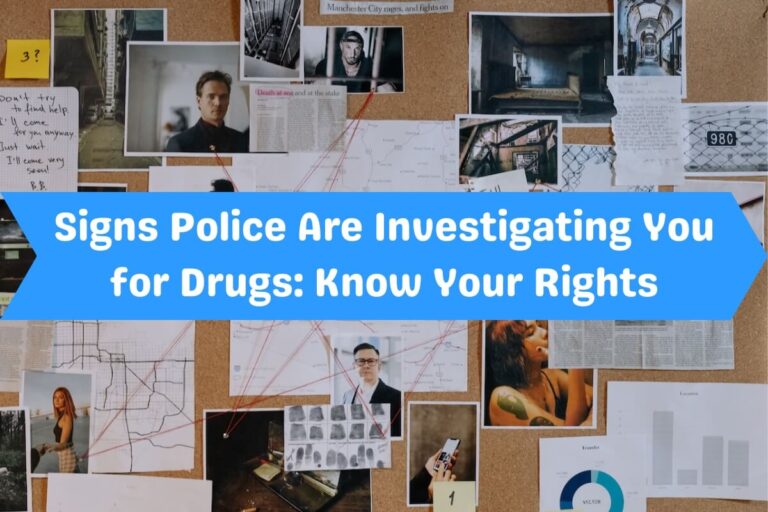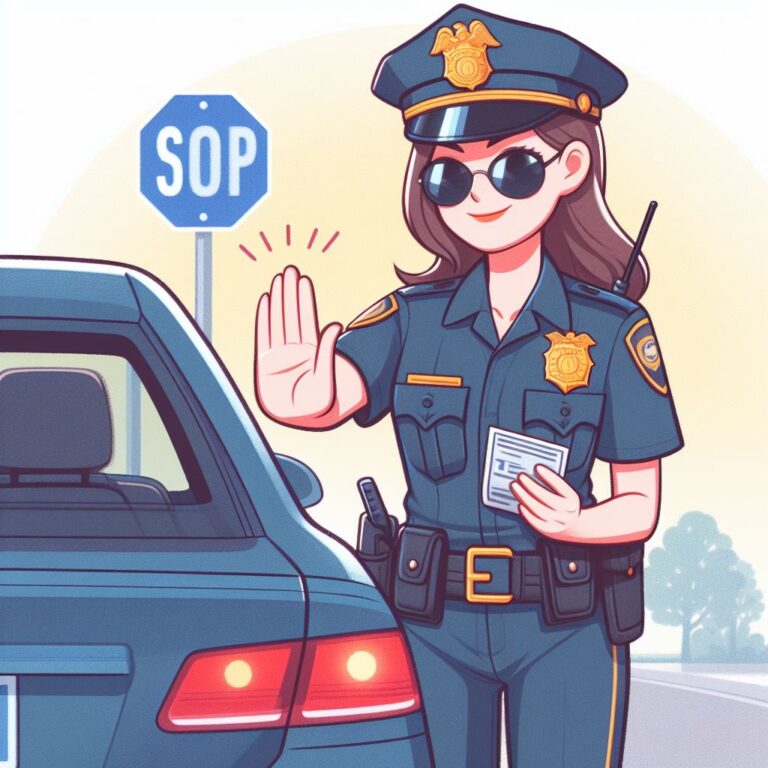Who to Call for Mental Health Crisis Instead of Police?

In a mental health crisis, the instinct might be to dial 911 for immediate help. However, involving the police can often escalate the situation rather than providing the necessary support. Knowing who to call instead of the police can make a significant difference in ensuring safety and appropriate care. This article explores various alternatives to police intervention for mental health crises, offering insights into national and local services, specialized support, and practical steps to take during a crisis.
Understanding the Need for Non-Police Intervention in Mental Health Crises
Police officers are typically not trained to handle mental health emergencies effectively. This lack of training can lead to misunderstandings, escalations, and even violence. A 2018 report by the US Commission on Civil Rights found that many officers feel ill-equipped to manage situations involving mental illness. In fact, a review cited by the Illinois Criminal Justice Information Authority revealed that only 37% of police departments in the largest U.S. cities mandate de-escalation before applying force. Given these limitations, seeking specialized mental health crisis services can lead to safer and more supportive outcomes.
National Alternatives to Police for Mental Health Crises
988 Suicide & Crisis Lifeline
The 988 Suicide & Crisis Lifeline is a nationwide service providing 24/7 access to trained crisis counselors. Previously known as the National Suicide Prevention Lifeline, 988 offers support for individuals experiencing suicidal thoughts, mental health crises, substance use issues, and other emotional distress. Unlike 911, the 988 Lifeline connects callers directly with mental health professionals who can offer immediate help and refer individuals to local services for ongoing support.
Crisis Text Line
For those who may find it difficult to speak on the phone, the Crisis Text Line offers a valuable alternative. By texting “HELLO” to 741741, individuals can connect with a trained crisis counselor. This service is particularly beneficial for younger individuals or those who prefer texting over talking. The Crisis Text Line provides support for a wide range of issues, including anxiety, depression, and suicidal thoughts.
National Alliance on Mental Illness (NAMI) HelpLine
NAMI, the National Alliance on Mental Illness, operates a helpline that offers free, confidential support for individuals and families affected by mental illness. The NAMI HelpLine can provide information on local resources, treatment options, and support groups. This service is available Monday through Friday, from 10 a.m. to 10 p.m. ET.
Local and Community-Based Crisis Intervention Services
Mobile Crisis Teams
Mobile crisis teams are becoming an essential component of mental health crisis intervention across the United States. These teams typically include mental health professionals, such as social workers, counselors, and peer specialists, who respond to crisis calls and provide on-site support. Unlike police officers, these teams are trained to de-escalate situations and connect individuals with appropriate care. For example, the CAHOOTS (Crisis Assistance Helping Out On The Streets) program in Eugene, Oregon, is a successful model where mobile crisis teams handle non-violent mental health crises without police involvement.
Crisis Intervention Centers
Crisis intervention centers offer a safe place for individuals experiencing a mental health crisis to receive immediate support and stabilization. These centers provide short-term care, including assessment, counseling, and connection to longer-term services. Many centers operate 24/7 and can be accessed directly or through referrals from other crisis services.
Peer Support Services
Peer support services involve individuals with lived experience of mental health challenges providing support to others in crisis. This approach can be particularly effective because peers offer empathy, understanding, and hope from a place of shared experience. Peer support networks are available in many communities and can be a valuable resource during a crisis.
Specialized Crisis Services
LGBTQ+ Crisis Services
Members of the LGBTQ+ community often face unique mental health challenges and may benefit from specialized crisis services. Organizations like The Trevor Project offer crisis intervention and suicide prevention services specifically for LGBTQ+ youth. These services provide a safe and affirming space for individuals to seek help and support.
Services for Veterans
Veterans may experience mental health issues related to their service, such as PTSD, depression, and anxiety. The Veterans Crisis Line provides 24/7 support for veterans in crisis, connecting them with trained responders who understand the unique challenges faced by veterans. This service can be accessed by calling 988 and pressing 1, or by texting 838255.
Steps to Take During a Mental Health Crisis
Immediate Actions
If you or someone you know is experiencing a mental health crisis, it’s important to stay calm and assess the situation. Try to create a safe environment by removing any potential hazards. Encourage the person to express their feelings and listen without judgment. If immediate medical attention is needed, call a mental health crisis service rather than the police.
Contacting Crisis Services
When contacting a crisis service, be prepared to provide important information such as the individual’s name, location, and a brief description of the crisis. This will help the responders assess the situation and determine the best course of action. It’s crucial to communicate clearly and calmly to ensure that the individual receives the appropriate help.
Preparing for Mental Health Emergencies
Creating a Crisis Plan
Having a crisis plan in place can be incredibly beneficial. A crisis plan should include emergency contact information, a list of medications, preferred treatment options, and any relevant medical history. Share this plan with family members, friends, and mental health professionals so that they are aware of how to best support you during a crisis.
Resources and Tools for Preparation
There are various tools and resources available to help prepare for a mental health crisis. Apps such as MY3 and Safety Plan can assist in creating a personalized safety plan. Educational resources from organizations like NAMI and Mental Health America can provide valuable information on managing mental health and preparing for emergencies.
Community and Policy Efforts to Improve Crisis Response
Community Initiatives
Many communities are implementing innovative approaches to mental health crisis response. For instance, the Community Centered Crisis Response Team in St. Louis, Missouri, is a civilian-led initiative that dispatches behavioral specialists to low-level crisis calls without police involvement. These initiatives aim to provide compassionate and effective support while reducing the reliance on law enforcement.
Policy Changes and Advocacy
Advocacy efforts are crucial in pushing for policy changes that improve mental health crisis response. Organizations like NAMI are leading efforts to urge policymakers to invest in comprehensive crisis systems. This includes funding for local crisis call centers, mobile crisis teams, and crisis stabilization options. Advocating for these changes at the federal, state, and local levels can help ensure that everyone in crisis gets the help they need.
Conclusion
In mental health crises, having the right support can make all the difference. Instead of calling the police, individuals can turn to specialized crisis services like the 988 Suicide & Crisis Lifeline, mobile crisis teams, and peer support networks. By understanding and utilizing these alternatives, we can ensure safer, more compassionate responses to mental health emergencies. It’s essential to be prepared, stay informed, and advocate for improved crisis intervention services in our communities.






